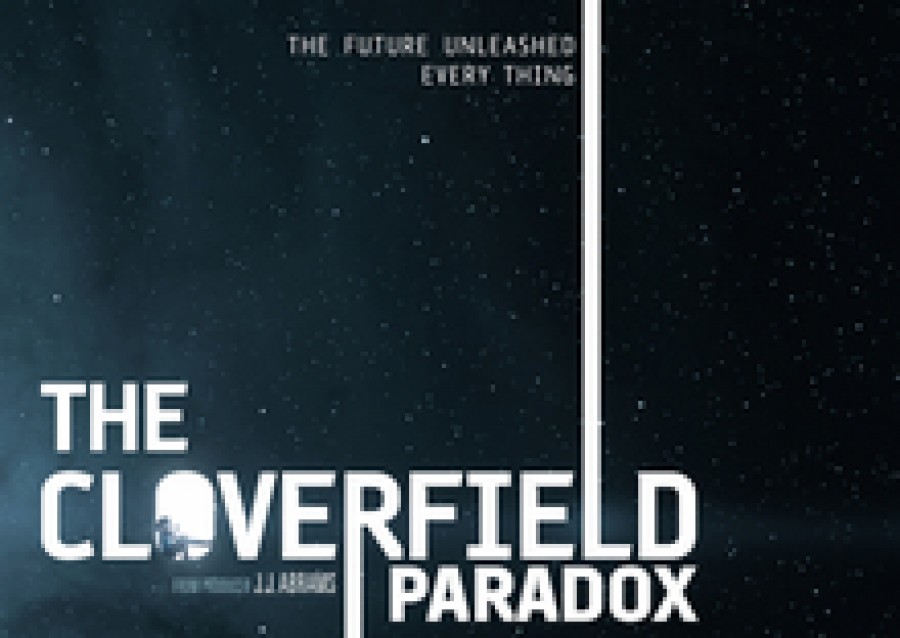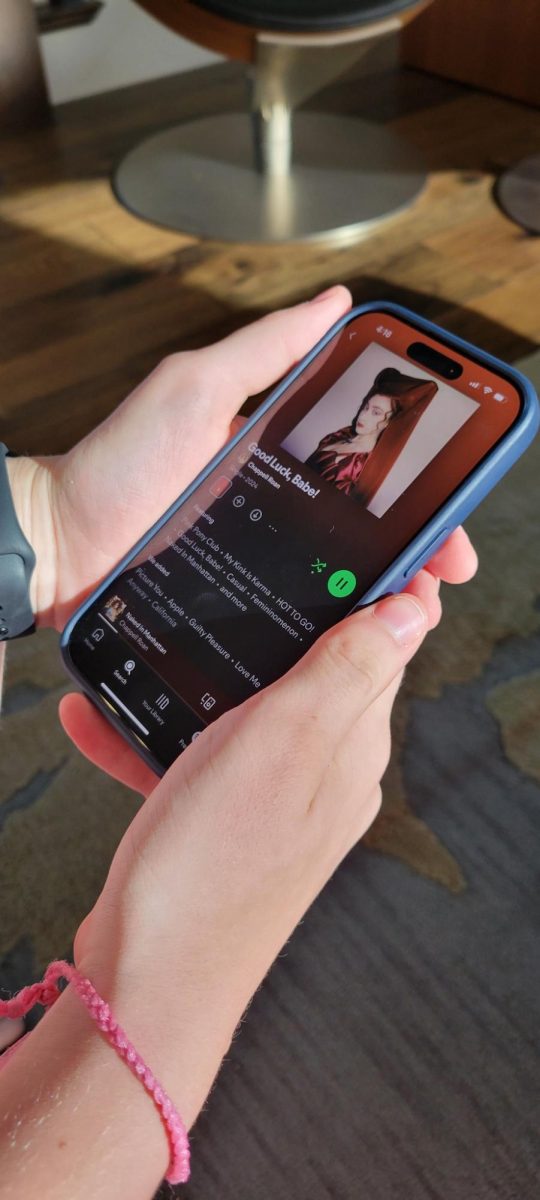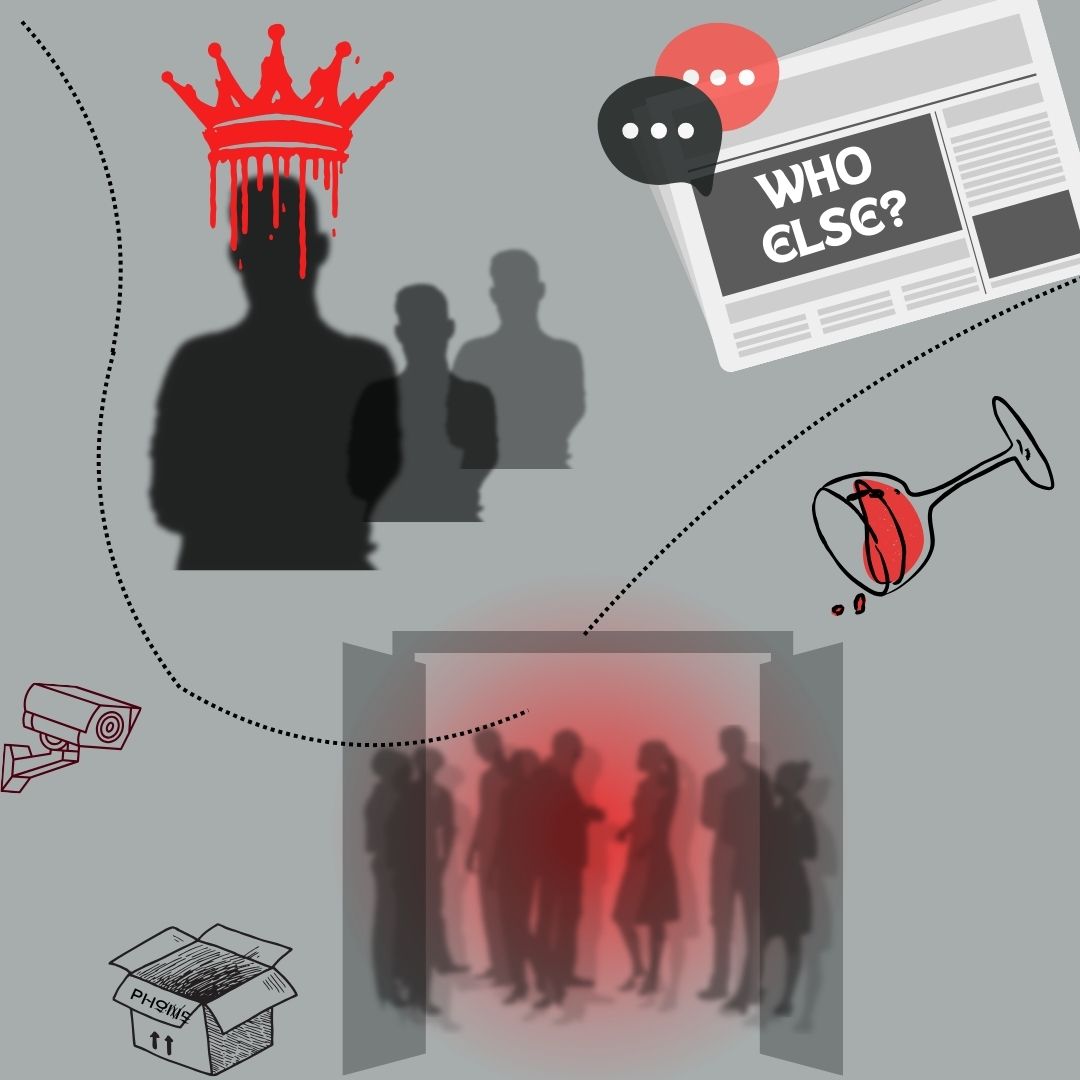
As Jobs released the first iPhone and Britney underwent her tragic yearlong breakdown, another ‘07 cultural phenomenon was brewing under J.J. Abrams’ wings. The “Lost” producer’s brainchild, “Cloverfield” first mysteriously debuted with a trailer that only bore a release date. That date went onto live in infamy as 1-18-08 became synonymous with large-scale, highly successful marketing campaigns. 11 years later, Abrams once again changed the game when it came to advertising with the most risky release yet of the third film in the series, “The Cloverfield Paradox.”
Announced partway into the Super Bowl on Sunday, “The Cloverfield Paradox,” a Netflix project, was released immediately after the end of the fourth quarter. The trailer was almost completely unexpected, leading to a sea of hype spreading across social media.
However, the only paradox found with “The Cloverfield Paradox” is how Netflix managed to trick thousands of viewers across the world into watching a bad, 102-minute episode of “Black Mirror.” Netflix played all its cards in its release of the film, and its execution will change how advertisement is done across the board, but what it failed to do was provide viewers with a semi-decent film.
Despite its all-star cast, which includes Gugu Mbatha-Raw (“Black Mirror: San Junipero”), Zhang Ziyi (“Crouching Tiger, Hidden Dragon”), David Oyelowo (“Selma”) and Daniel Brühl (“Inglourious Basterds”), the film does not live up to its predecessors because of three key flaws: its technical mediocrity, overdependence on previously established works and complete disregard for the sanctity of the “Cloverfield” name.
On merely a technical level, “The Cloverfield Paradox” is clunky. While the visuals were often immersive and interesting, its poor sound editing causes explosions, gunshots and other “science fiction” type noises to feel faraway and unfocused from the action, which is jarring in a big budget action movie. Its subpar editing, noticeable early in the film, is a conspicuous first clue that “The Cloverfield Paradox” is nothing more than another underwhelming Netflix original with an overproduced trailer.
It’s disappointing to see the “Cloverfield” series end up in the land of bad Netflix originals alongside “Bright” and “The Ridiculous 6.” Following “10 Cloverfield Lane,” which holds a 90 percent on Rotten Tomatoes, the newest film falters before reaching the creative heights to which fans of the series are used. Relying on cliches and faulty narrative gimmicks, the film’s writing is nonsensical and confusing — as one character remarks, “Logic doesn’t apply here anymore.” Full of plotholes large enough to swallow a planet, “The Cloverfield Paradox” is one confusing “quantum mechanics” infodump after another.
Despite not quite living up to fan expectations for the series, this film does succeed as a “Cloverfield” movie in some ways. The series’ newest path — science fiction horror — is an interesting one that has become increasingly popular with the resurgence of the genre last year. Some moments of the film when it embraces the insanity of the series actually do work well, creating a plot that, while nonsensical, keeps audiences invested. However, its ultimate downfall is in its failure to break out of generic constraints. The film refuses to make any original choices, relying heavily upon science fiction monoliths like “Alien” and even smaller blockbusters like “Life.” It is highly derivative, with each plot element a worse imitation of superior productions. It’s surprising that a film so heavily based upon others’ works can miss the mark so atrociously.
In its reliance on other pieces of media, “The Cloverfield Paradox” forgot to make viable, strong connections to the one film series that it needed to: “Cloverfield.” It felt only vaguely connected to the main series, and if anything, its plot directly undermined what had been previously established in the canon. The confusing connections and cheap explanations were only topped by the last scene and its irreconcilable destruction of the fundamental parts of the series. Making one of the largest blunders of the film, the last scene trips and falls into a cavernous hole so deep it is if they will be able to dig their way out of it.
Given the poor performance of “The Cloverfield Paradox”, the future of the next installment of the series, slated to come out last this year, is very dismal. A disappointing installment of what was once deemed one of the most innovative science fiction series around, “The Cloverfield Paradox” is better completely ignored — go rewatch “10 Cloverfield Lane” instead.









